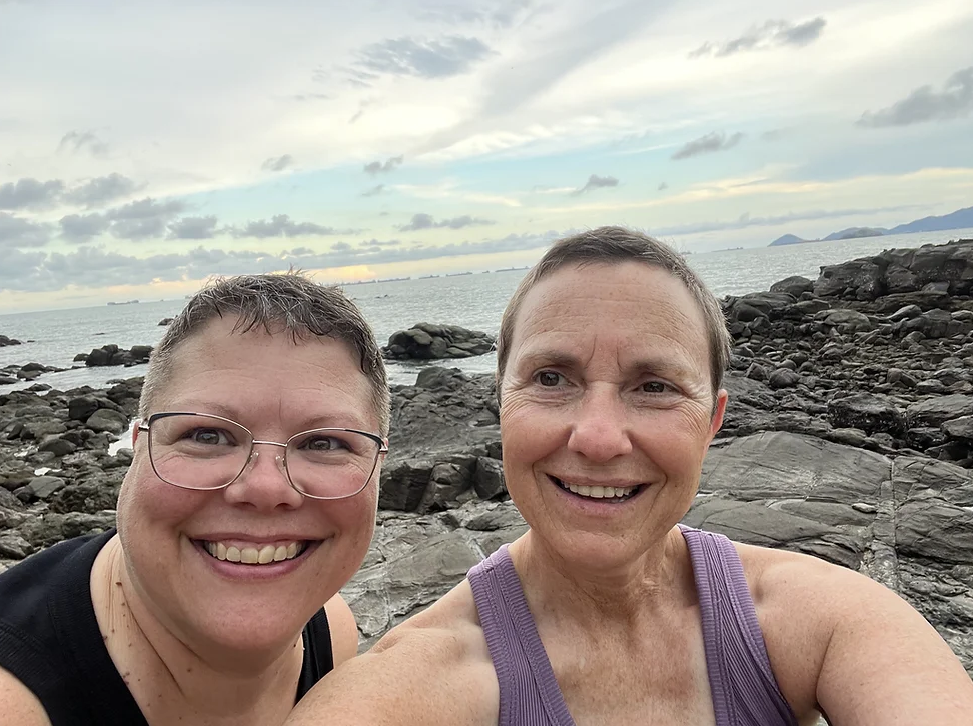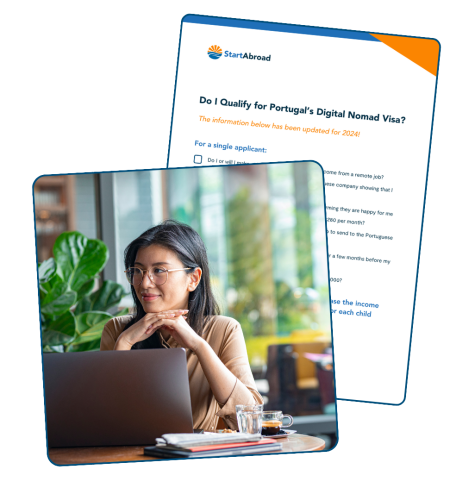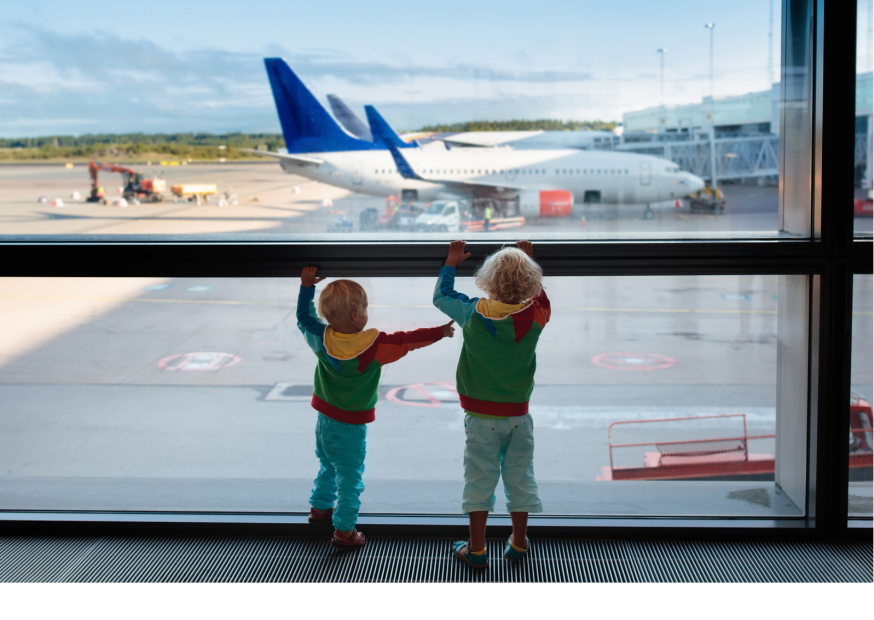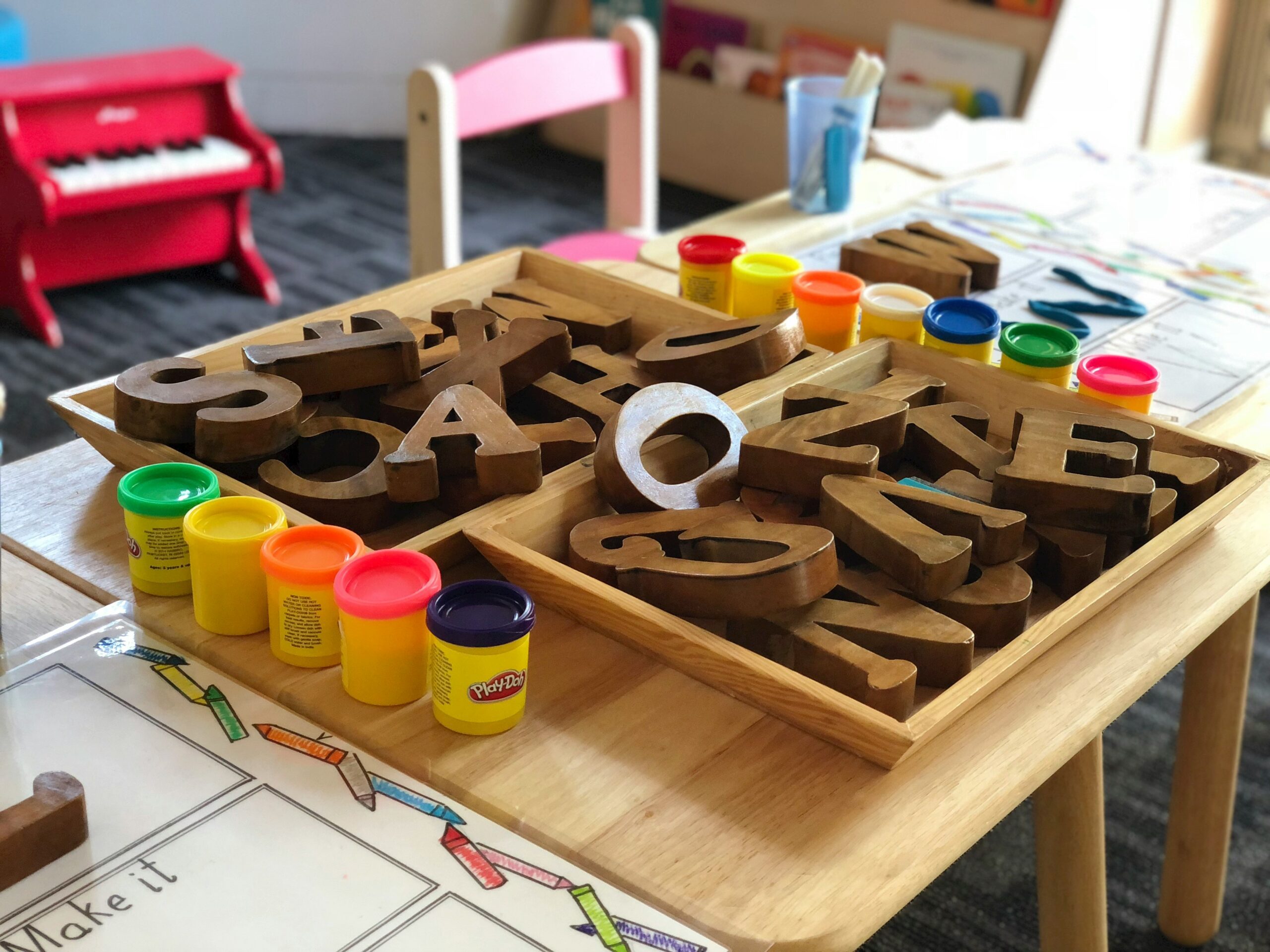
Are you looking for help moving abroad? Reach out to specialists at [email protected].
Even though moving abroad can be daunting, it’s helpful to know that you’re not alone. The best teacher is the experience of those who have gone before. To that end, we’ll be posting Q&A’s with every type of expat — aspiring, new, long-time, passport holder, and anything in-between — so that you can learn from the StartAbroad community.
No matter where you are in the moving process, we’d love to learn from you. Reach out to Zach at [email protected] if you’re interested in sharing your story.
We’re lucky to be featuring Andrea this week. Andrea “Andi” is a teacher and travel agent from Georgia. She runs Andiland Adventures (https://andilandadventures.com), a travel and vacation booking website, so she knows a thing or two about exciting international destinations. She and her partner have been planning to move to Panama for a number of years, and have been taking advantage of various resources to plan for the move.
Hear from Andi about why she’s chosen to move to Panama, the planning and discovery process, and some unexpected challenges she’s run into along the way.
Why have you decided to move to abroad?
Both my partner and I are widows. We both love to travel. Neither of us have kids, so during the pandemic, we said, ‘Let’s go.’
Besides the travel aspect, cost of living and safety were major factors in their decision for relocating. My partner will be able to retire, but I’ll still have to work. Because the cost of living is lower than it is here, I’ll have the same or better quality of life without as much financial pressure giving me the freedom to work less and enjoy life more.
What’s your timeline for moving?
It could be in the next 24 hours, or it could be in the next 10 years. There are a few family and friend reasons for us to stay here. But we’ll probably make the move in the next 12-18 months.
Why did you decide to move to Panama?
Panama and Ecuador were at the top of our list. I teach online for two universities, and I’m an independent travel agent. Because of time zones, Central and South America made the most sense for me. Panama is in the Central Time Zone, so only an hour behind us in Georgia and two hours ahead of California making it the perfect compromise.
We also looked at safety issues, and those were some of the safest countries. Peru was also up there, but we felt climate wise it wasn’t what we were looking for at the time. And then both of those countries are gorgeous, which obviously helps.
We visited Ecuador and Panama. We fell in love with both, but we fell in love with Panama even more. Everyone in both countries was very accommodating and friendly, they both use the dollar, drive on the right (non-European) side of the road. It is a Spanish speaking country but you can get by in expat locations with English. And we have a personal connection in Panama who has made each of our trips there even more special.
We’ve visited a number of times since that first trip to narrow down where in Panama we’d want to live. We’ve got it down to Taboga Island, right off the coast of Panama City, and the neighborhood Casco Viejo in Panama City. We’re also planning a third trip to El Valle de Anton to get another mountain aspect. We spent some in the mountains of Boquette, but is not ideal for me working remotely; reliable internet is a must for me, and was almost non-existent in that location.
This would be your first time living abroad. Do you anticipate any challenges with living outside of the US for the first time?
Yes, definitely. Figuring out the financial side of things could be a challenge. Making sure we have bank accounts, and can transfer money back and forth efficiently. Doing our taxes correctly. There’s not a lot of information out there on how to do all of that.
What has been your preparation process in terms of research and information gathering to prepare for the move?
We created a matrix for all the questions we had to answer. It included some of the craziest things, but you need to know. Our matrix included things like cost of licing; how stable the government is; how easy it is to obtain residency; how easy is it to get your finances in check; do we want to live on the beach or in the mountains; does it need to be all English speaking or are we willing to learn another language?, can we drink the water; and the craziest- can you flush toilet paper.
And then we just started researching things to check off boxes. We’ve done a lot of Googling, watching YouTube vlogs, and we’ve joined Facebook expat groups. And of course we’ve taken two trips to Panama so we can get the vibe and see where we’d want to live.
We still have some major questions even after all of that- most specifically taxes. There isn’t much information out there for expat retirees; Ok, you’re retired, you’re not making money overseas, how is that affecting your retirement funds, or your social security. What do you need to do to stay legal within IRS guidelines? Things like that.
How much time went into research and information gathering?
I’d say a good solid 12 months over the course of 2.5 years. An hour here, a couple of hours there. Overall we’re probably around 30-40 hours a week.
We go down rabbit holes when something mentioned of a Vlog. It’s like, Oh, I didn’t think about that and we didn’t think about that. Then we start googling that mention or whatnot.
What are some of the challenges you anticipate during and after the move?
The first is deciding what we’re going to take with us, what we’re going to sell. Or are we just going to take a suitcase and call it a day?
We also have a 65 pound dog that is ancient. We’re struggling, do we pay to have him shipped? Do we just hang out until after he passes? It is hard to think about.
What is the most surprising thing you have learned as you prepare to move?
The healthcare was the most surprising. You hear horror stories about healthcare in other countries. But in reality, their accessible healthcare is better than healthcare in the US, and a lot less expensive. In Panama, there’s a Johns Hopkins in Panama City that everyone can go to. It’s considered a private hospital, but it’s about ¾ the cost of going to Johns Hopkins in Maryland to give an idea.
What’s one thing you would do differently about the preparation process if you could start over again?
I maybe would have spent more time figuring out things like health care and a little less time Googling and looking for places to live. Not so much the towns, but the cost of renting vs. buying a place in each of our target areas. We wasted so much time looking at that. But rather than putting all that time and energy into living quarters. We should have listened to the advice we were hearing; don’t worry about where you’re going to stay because they don’t advertise real estate like we do in the US. Many of the options you’ll find once you’re in the country aren’t advertised anywhere online. So you can figure that out once you’re there by talking with the locals and looking for “For rent” signs.
What’s one piece of advice you would give someone who is considering moving abroad?
Just do your due diligence. Make sure that you visit your top 1-2 countries to make sure they are a good fit for you. You’ve got to get your feet on the ground to make sure you fit the location you have decided to relocate.
Thank you!
StartAbroad is Here to Help
Navigating the move abroad can be challenging. StartAbroad offers a visa application support service, which you can learn more about here.
You can also speak with a relocation specialist for free by scheduling a 15-minute consultation, or reaching out to [email protected].
How to Move Abroad
Please consider subscribing to our YouTube channel. Click HERE to navigate to ourYouTube page and hit “Subscribe”
Join Our Mailing List
Receive monthly newsletters, special offers, insider information, and more.
Copyright 2022, StartAbroad LLC, all rights reserved
Download the Schools in Portugal Guide
Get the Portugal Digital Nomad Visa Cheatsheet













